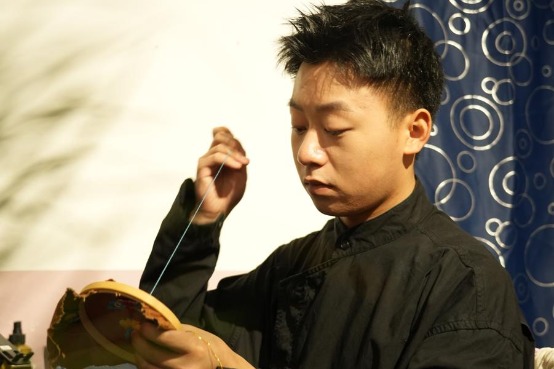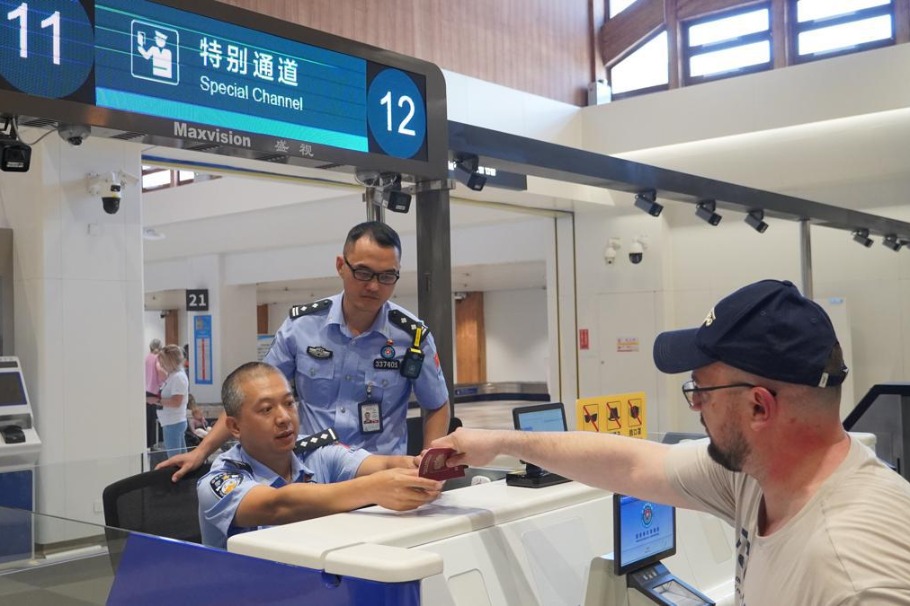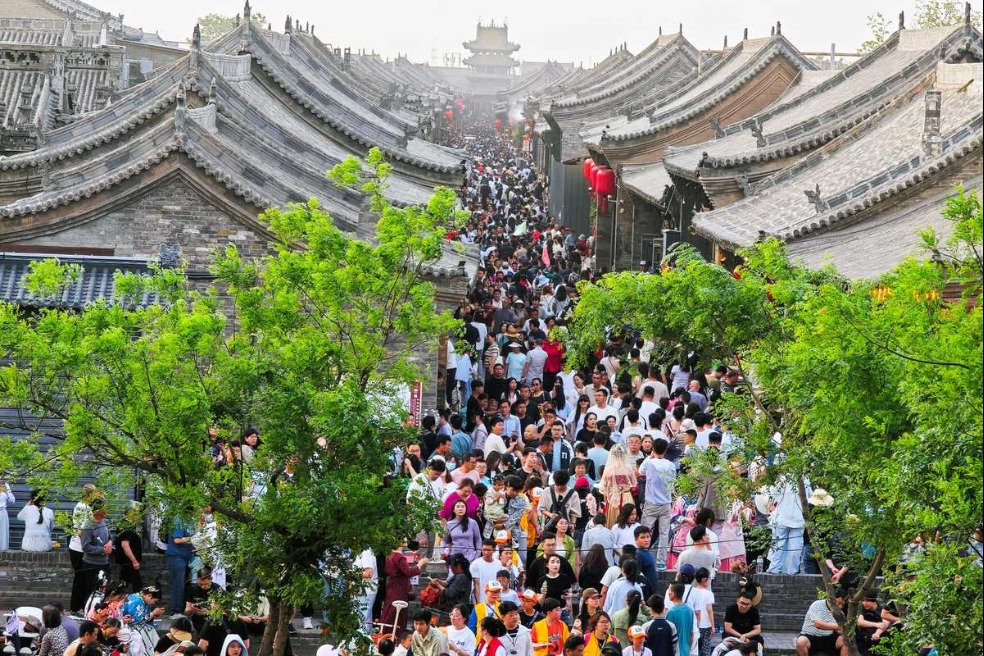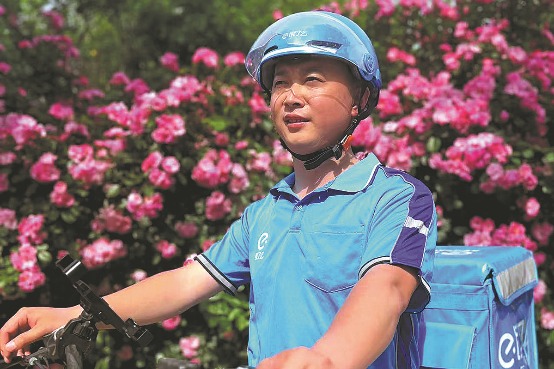Chinese scholars publish biologics guideline in international journal

A Chinese guideline on the use of biologic agents in treating chronic rhinosinusitis with nasal polyps was recently published in the 2025 China Issue of Allergy, one of the most prestigious journals in the global fields of allergology and clinical immunology.
It focuses on China-specific clinical data, systematically standardizing key aspects of biologic treatment, such as patient selection, therapeutic protocols and efficacy evaluation, providing authoritative guidance for clinical practice.
"Emerging biologics that selectively target key cytokines present a promising therapeutic alternative for patients suffering from severe, uncontrollable chronic rhinosinusitis with nasal polyps," according to the guideline.
It's the first time that Chinese scholars have published a guideline-type document in a top-tier international journal in this field, offering valuable Chinese experience for global biologic applications, said Zhang Luo, president of Beijing Tongren Hospital and guest editor of the issue, at a news conference in Beijing on Wednesday.
"In the last two decades, the problems of allergic diseases have been increasing dramatically in the world. Now we are facing 2 billion patients with allergic diseases, so this is a serious threat to humankind in the future," he said.
"In the past, we primarily relied on nasal corticosteroid sprays and oral antihistamines, both of which are chemical-based medications. These treatments have been widely used and can effectively control symptoms. However, since they require frequent administration (often daily), patients may find them inconvenient. Now, with these new biologics, just about three injections over an allergy season can effectively manage symptoms. In terms of both efficacy and duration of effect, they represent an improvement over traditional treatments," Zhang said.
He said these medicines are now available in major hospitals, such as in his hospital. However, since biologics are relatively new, their cost remains high — for example, a single injection may cost around 1,000 to 2,000 yuan ($138-276). "But as their use becomes more widespread, prices are expected to gradually decrease, making them more accessible to a larger number of patients," he added.
The 2025 China Issue of Allergy includes 32 articles focusing on the latest research progress of Chinese scholars in areas such as the link between environmental pollution and asthma pathogenesis, gut microbiota dysbiosis and allergies, as well as the mechanisms underlying drug hypersensitivity.
Cezmi Akdis, editor-in-chief of the journal Allergy, the official journal of the European Academy of Allergy and Clinical Immunology, praised China's contribution to the study of allergy, which has "immensely increased" in the last two decades.
- Chinese scholars publish biologics guideline in international journal
- Beijing to host world humanoid robot games
- Smart planting pod brings farm to urban homes
- Young artisan transforms Miao embroidery into modern fashion accessories
- Xi's speech marking 100th anniversary of trade union federation published
- Xi leaves for state visit to Russia, Great Patriotic War victory celebrations in Moscow





































